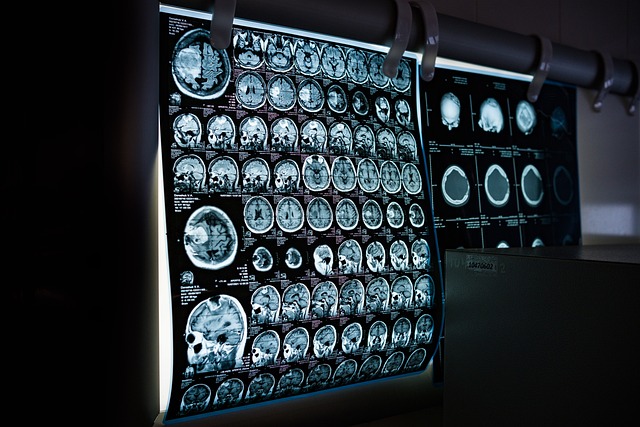In the age of technology, personalized nutrition and diet have become increasingly popular. With the help of artificial intelligence (AI), individuals can now access personalized recommendations tailored to their unique needs and preferences. In this post, we will explore various free AI tools that offer personalized nutrition and diet advice, helping users make informed choices about their health and well-being.
The Role of AI in Personalized Nutrition
AI plays a crucial role in personalized nutrition by analyzing vast amounts of data, including individual health information, dietary preferences, and lifestyle habits. These tools leverage machine learning algorithms to generate personalized recommendations that take into account various factors such as age, gender, dietary restrictions, and fitness goals.
- Understanding Nutritional Needs: AI-powered platforms use data analytics to assess an individual’s nutritional requirements based on factors like age, weight, height, activity level, and medical history. By analyzing this data, AI can provide personalized recommendations for optimal nutrient intake
- Tracking Dietary Patterns: AI tools can track and analyze users’ dietary patterns by monitoring food intake through food diaries or tracking apps. By analyzing this data, AI can identify trends and patterns, offering insights into areas for improvement and suggesting personalized dietary changes.
- Predictive Analysis: Some AI platforms use predictive analysis to anticipate future health outcomes based on current dietary habits and lifestyle choices. By identifying potential health risks, these tools can offer proactive recommendations to help users mitigate risks and improve overall health.
Free AI Tools for Personalized Nutrition and Diet
There are several free AI tools available that offer personalized nutrition and diet advice. These tools utilize advanced algorithms to analyze user data and generate customized recommendations. Let’s explore some of these tools in detail:
Nutrino
Nutrino is an AI-powered nutrition platform that offers personalized meal recommendations based on individual health goals, dietary preferences, and lifestyle habits. Users can input their dietary preferences and health goals, and Nutrino’s algorithm will generate personalized meal plans and recipes.
MyFitnessPal
MyFitnessPal is a popular fitness and nutrition app that uses AI to track users’ food intake, exercise, and weight loss goals. The app provides personalized recommendations for calorie intake, nutrient balance, and meal planning based on individual preferences and goals.
Foodvisor
Foodvisor is a free AI-powered nutrition app that uses image recognition technology to analyze users’ food intake. Users simply take a photo of their meal, and Foodvisor’s AI algorithm identifies the food items and provides nutritional information. The app also offers personalized recommendations for healthier food choices based on users’ dietary goals.
Lose It!
Lose It! is a comprehensive weight loss app that utilizes AI to track users’ food intake, exercise, and weight loss progress. The app offers personalized meal plans, recipes, and exercise routines tailored to individual goals and preferences. Users can also connect with a community for support and motivation.
Benefits and Limitations of Free AI Tools:
While free AI tools for personalized nutrition offer many benefits, it’s essential to consider their limitations as well. Here are some key advantages and drawbacks:
Benefits
- Accessibility: Free AI tools make personalized nutrition and diet advice accessible to a wide audience, regardless of budget or location.
- Convenience: These tools provide convenient solutions for tracking food intake, planning meals, and receiving personalized recommendations on-the-go.
- Empowerment: By leveraging AI technology, users can take control of their health and make informed decisions about their diet and lifestyle.
Limitations:
- Accuracy: The accuracy of AI-generated recommendations may vary based on the quality and quantity of user data available. Inaccurate recommendations could potentially lead to unintended health consequences.
- Lack of Personalization: While AI tools aim to provide personalized recommendations, they may not always account for individual nuances and preferences, leading to less effective outcomes for some users.
- Privacy Concerns: Users should be mindful of privacy concerns when sharing personal health data with AI platforms, as data security and privacy policies may vary among providers.
Conclusion
Free AI tools for personalized nutrition and diet offer valuable resources for individuals looking to improve their health and well-being. By leveraging AI algorithms, these tools provide personalized recommendations tailored to users’ unique needs and preferences. While these tools offer many benefits, it’s essential for users to consider their limitations and make informed decisions about their health management journey. With the right tools and resources, individuals can empower themselves to make healthier choices and achieve their wellness goals.






